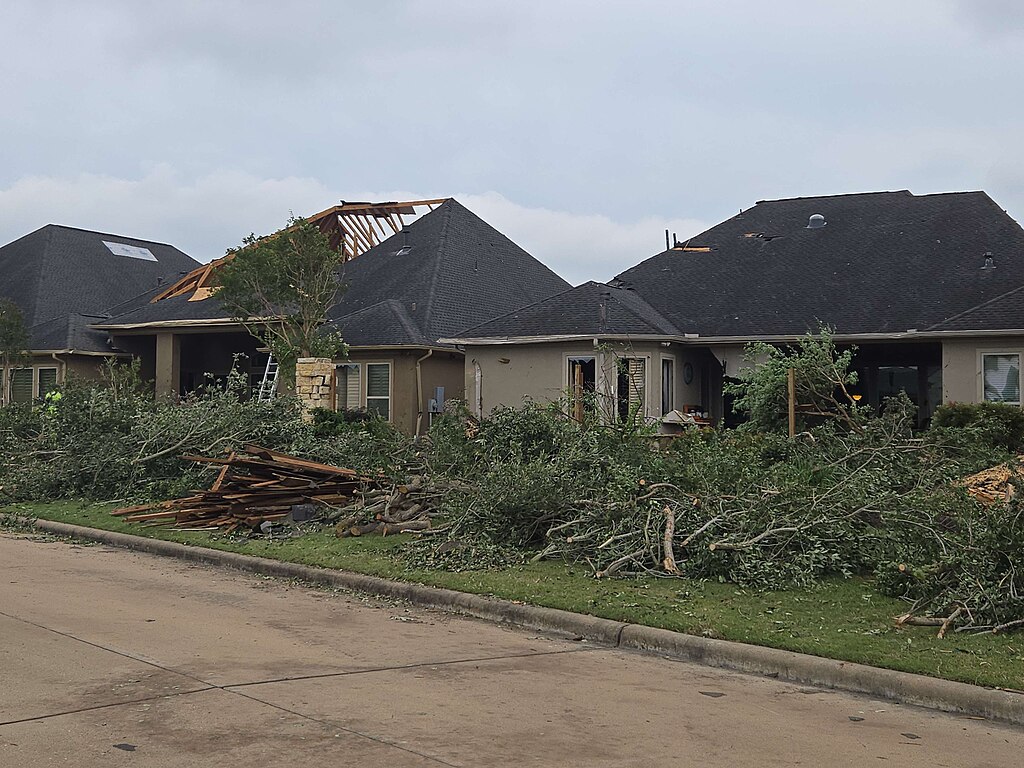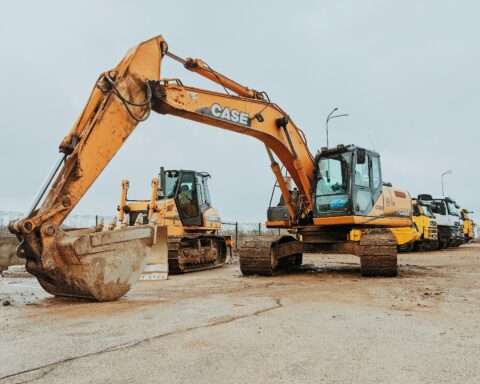Houston has released a draft action plan detailing how the city will direct and invest $314.6 million in disaster recovery funds.
In 2024, Houston weathered two devastating storms – a derecho windstorm and Hurricane Beryl – causing massive damage due to high winds, heavy rain, flooding and prolonged power outages. These were recognized as the worst damaging storms the city has seen in 25 years. Beryl alone is estimated to have caused up to $4.5 billion in damages.
Houston has identified five sectors with significant recovery needs: housing, infrastructure, economic development, public services and mitigation. To better promote resilience and to prepare the city for enduring storms of similar caliber in the future, the funds will go toward:
- Increasing power generation resilience.
- Supporting the emergency response/public safety program.
- Addressing homelessness.
- Managing vegetation, removing debris and establishing debris repositories.
Shoring up power generation through improvements to public facilities calls for the lion’s share of the funding – $151.3 million. The city will incorporate resilience measures to reduce the impact of power outages during inclement weather, primarily by installing emergency power generators. The work will ensure that critical infrastructure, such as drinking water and wastewater operations, is protected. Critical public safety services will maintain operational capacity and ensure public facilities can serve as shelters, distribution points or cooling/heating centers during disasters.
Approximately $56.5 million will be allocated for supporting emergency response and public safety services throughout the city. Houston will procure equipment and vehicles needed to provide rapid emergency response and maintain public safety during and in the aftermath of disasters. These include emergency communications systems, mobile cell sites, ambulances, police vehicles, lifted vehicles and other specialized equipment and vehicles.
Houston will invest $41 million into addressing homelessness, ensuring all residents are accommodated and given safety during dangerous conditions. The funds will predominantly go to nonprofits, supplementing shelter operations, case management and other critical services.
Another $32.8 million will be allocated to establish debris repositories. The project will develop two large-scale regional depositories, providing dedicated areas to store debris after disasters. The sites will provide the city and residents with safe areas to isolate hazardous materials.
The city will invest an additional $8.3 million to develop a vegetation management and debris removal program. The initiative will implement practices to better use preventative and mitigative vegetation management and to reduce damage and post-disaster debris.
The $314.6 million grant was awarded by the Department of Housing and Urban Development to support disaster relief, promote long-term recovery, rebuild infrastructure and supplement disaster mitigation in the most heavily affected areas. The funds can be used to:
- Replace damaged affordable housing and build it back more resiliently.
- Strengthen infrastructure through repairs, upgrades, and activities to increase the resilience of public facilities and infrastructure including roadways, water systems, and utilities.
- Support economic revitalization including support for small businesses, creation of jobs, and assistance for residents.
- Implement disaster mitigation measures to reduce the risk of damage from future extreme weather and disaster events.
Photo by the National Weather Service Houston/Galveston TX from Wikimedia Commons













